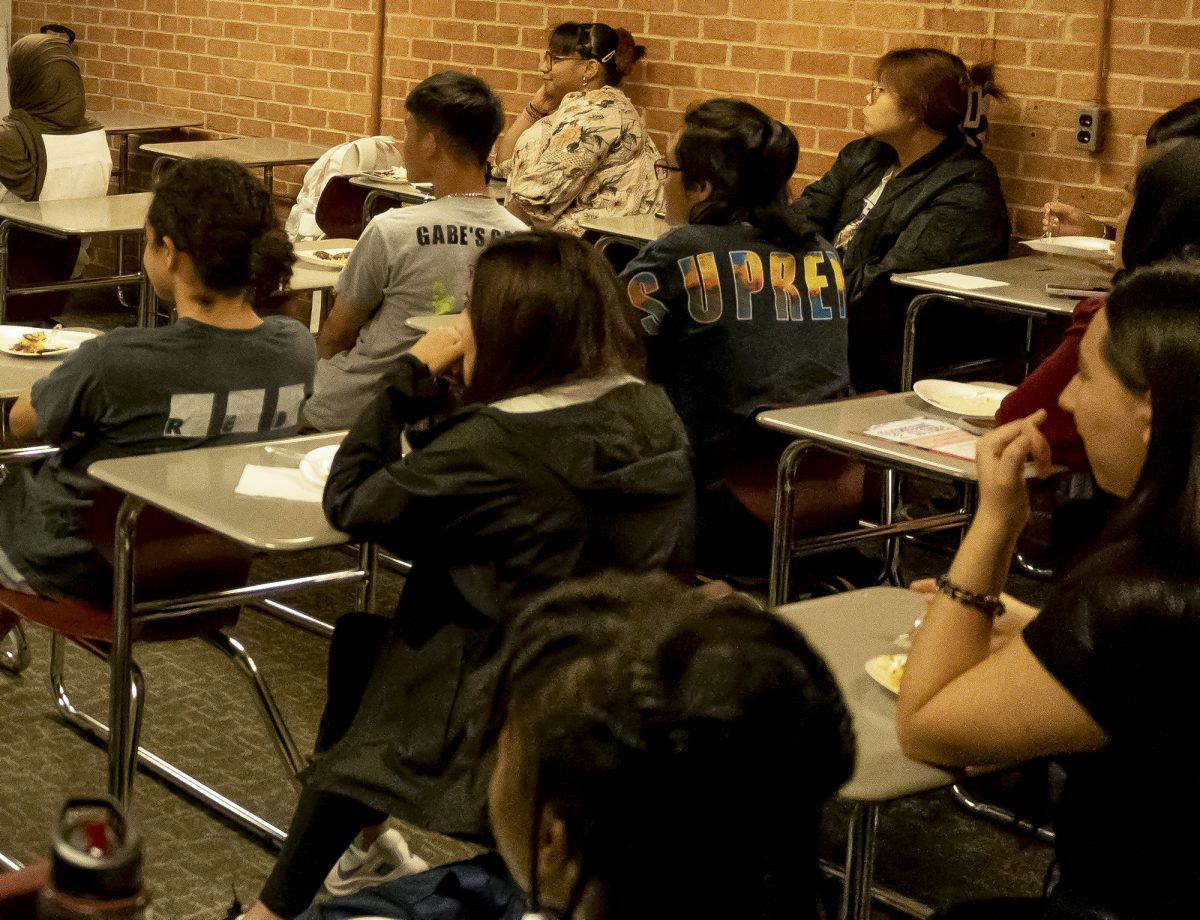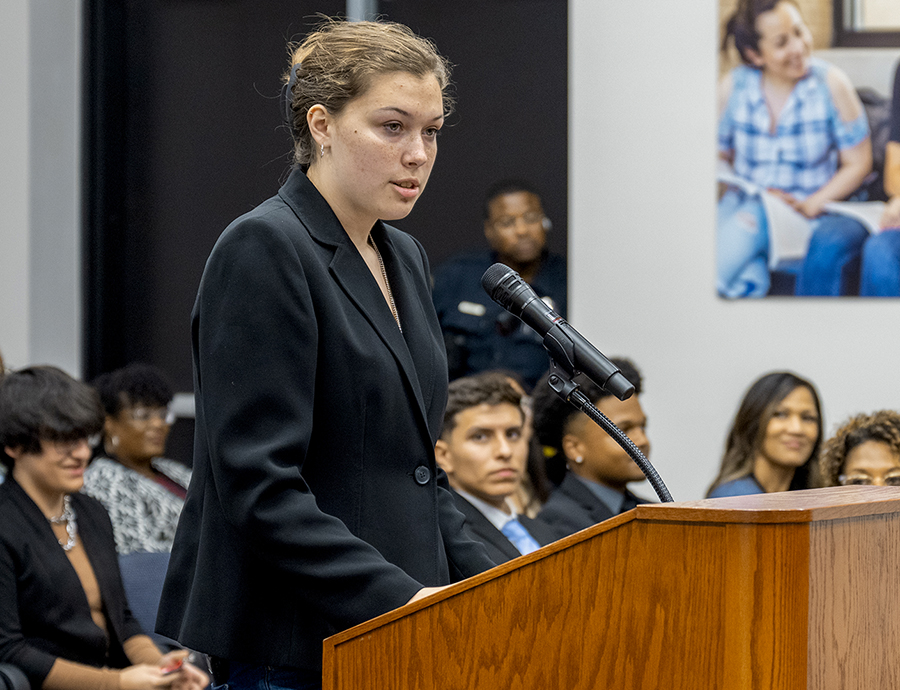Summer is just around the corner and while many students are planning their next vacation or applying for jobs, others plan to stay behind the desk and attend summer classes.
This may sound like a boring way to spend the summer or a nightmare situation to those who don’t know what summer classes are for college students.
During the high school days, the thought of having to go to school during the summer would sink most people’s hearts. Dreams of going outside with friends, spending time at the local pool, playing video games or working were dashed by the monotonous and boring routine of school. Students would be mandated to attend summer school or risk being held back a grade. This was usually due to a student’s poor performance throughout the school year or missing one too many days of class.
But in college, it is the exact opposite. Students can take classes during the summer to complete their degree much faster. A regular semester during the fall or spring is 16 weeks long with shorter flex-term options being eight weeks long. Summer classes on the other hand are broken into two five-week terms for a total of 10 weeks. Students can take no more than two classes each term yielding no more than 14 credits for the entire summer. This means that what would normally take 16 weeks to accomplish can be done in 10.
I have attended summer classes the past two summers. My experience was a good one. The classes go by fast, the professors are more easygoing, and as long as you do not have any other responsibilities like work or family, you will have ample time to finish assignments. There are obstacles, of course.
Accomplishing a college level course in five weeks does not come without drawbacks and challenges. The main drawback is time spent in class throughout the week. Students can expect to be in class for more than four hours a day, depending on how many classes they take, the difficulty of each class and how many credit hours each class is. Classes are every day Monday through Thursday.
Due to time constraints, instructors must move through learning materials at a much faster pace. Depending on the difficulty of the class, students may not be able to absorb the information for long term use. Instructors understand that the students don’t have a lot of time so they will usually hand out less work and less difficult assignments. They will also be more forgiving when it comes to late assignments and makeups.
I have some tips for getting through summer classes with good grades and a good GPA. First and foremost, hit the ground running. If you already know or have an idea of what you will be studying in the courses you take, study and read ahead of time. For instance, if you are taking an English class, it is a good idea to get a good amount of reading in before the first day of class. Do not procrastinate on work. Try to accomplish assignments the day they are issued and work ahead on others if you can.
Secondly, take relatively easy classes. Do not take hard classes like physics, calculus and other difficult four-credit-hour classes. Take classes like music appreciation, government, algebra and English. Harder classes will re-quire more study time and more time spent in class if they are four credit hours long.
Finally, and most important of all, do not overload yourself. If you know you are going to have a busy summer, do not take summer classes. The last thing anyone wants is to fail out of a class or two and get placed on academic probation before the fall semester begins.
How to survive summer school
Strategies for making summer classes more successful (and bearable)
Hevar Barzenji, Staff Writer
May 22, 2024
Strategize now to make your seat in summer school classes a little more bearable (and successful).






